Are Coupes Going Extinct? Where Have All the Coupes Gone?

Like birds flying south for winter, drivers around the world are flocking to crossover vehicles in unprecedented numbers, which means automakers are introducing more CUVs to meet market demand.
The success of these vehicles has undoubtedly come at the expense of other segments. The coupe class in particular has really diminished over the years, though not solely because of the ongoing crossover craze. The 1990s and early 2000s are littered with discarded nameplates from a wide array of automakers.
Toyota’s Supra and Camry Solara are no more, ditto for the Mitsubishi 3000GT and Mazda RX-7. Mainstream Japanese performance two-doors have almost completely faded away and things are hardly any different in Detroit. Chevrolet’s Monte Carlo is long gone and so is the Chrysler Sebring range. After a brief resurrection, the Ford Thunderbird is once again no more.
Motorists can still get a car with two doors, but they’re a tough sell. According to Stephanie Brinley, senior analyst at IHS Automotive, “The biggest problem with coupes right now is that today’s buyers tend to gravitate toward things with more utility.” Practicality matters.
SEE ALSO: Why is the Chevrolet Camaro so Hard to See Out Of?
But crossovers aren’t the only threat coupes are facing. Sam Abuelsamid, senior analyst at Navigant Research said modern four-doors have gotten much more exciting in recent decades. “Traditionally, coupes were seen as the sportier alternative to sedans.” However, things are no longer so black and white. Mainstream family cars have “better performance than most coupes of 20 years ago.” They provide a great driving experience without sacrificing versatility.
Beyond this, Abuelsamid said there has also been a swell of so-called four-door coupes hitting the market in recent years. These cars offer the style and elegance of a traditional coupe with the practicality of a sedan, which, aside from the name, is what they technically are (but don’t tell anyone).
Despite new flavors of product hitting the market, two-door cars have been slowly fading away. Around the world, Brinley said 2011 was the worst year coupes have seen in the past 20 years. “We saw about 706,000 coupes sold globally,” a figure that simply doesn’t compare to their performance a decade earlier. She noted that about 1.3 million coupes were delivered in 2000.
Now that the global economy has stabilized, however, Brinley said coupe sales are “back on an upward trend.” She estimates that about 782,000 will be sold this year, a figure that could grow to nearly 840,000 by the year 2020. “It’s hard to say coupes are dead, that’s certainly not the headline,” she added.
Still, CUVs are a major problem for these cars. Abuelsamid said, “The whole move toward crossovers is very much a cross-generation thing.” Older drivers like the elevated seating, which makes getting into and out of these vehicles easier on creaky joints, while younger people want the versatility that car-based utility vehicles offer.
Fun-to-drive vehicles just aren’t as highly valued these days, Brinley said, adding that spaciousness, comfort and fuel economy seem to matter most. “You have to make a compromise with a coupe,” which isn’t really the case with crossovers.
Another possible reason that coupes have been declining is that they’ve moved upmarket. Brinley explained that her organization classifies these vehicles into three different segments: mainstream, premium and exotic. “When I look at the share of coupe sales in 2011,” explained Brinley, “We were looking at about 17 percent in premium and about 82 percent in standard [segments].” But by 2018, she estimates that premium models will grow to 26 percent of the market while standard will fall to just 73.
SEE ALSO: Top 10 Overused Buzzwords by Automakers
This means coupes are trending upmarket, which makes sense because they tend to be performance and/or luxury models. Their buyers are often more affluent, which is good news for automakers’ bottom lines.
Luxury customers have more flexibility; thanks to their extra income, a coupe may be a second or third vehicle for them. Practicality isn’t as important when you commute to work in a Mercedes-Benz GLE-Class and have a King Ranch F-150 for towing your 36-foot yacht.
Looking ahead, Brinley said, “Coupes are still struggling,” and that’s something she doesn’t see changing. However, it’s a segment that still matters. “There’s enough of them to make things interesting.”
According to Brinley, coupes represented less than 3 percent of the overall U.S. car market last year, yet they were still more popular than minivans. Along with the type of buyer they attract, there is incentive for car companies to introduce more of these vehicles.
“They’re low volume, but they can contribute to the overall brand story,” said Brinley. Coupes can serve as something of a halo car to polish an otherwise underperforming marque. But she cautioned, “You definitely want to be strategic when you add one.”
But will coupes ever make a meaningful comeback? Abuelsamid said, “That’s certainly a possibility, I wouldn’t rule it out.” However, he conceded that its “probably unlikely.”
A trend Abuelsamid sees gaining traction in the future are two- and three-door crossovers, vehicles that could be considered a “new generation of coupes.” But time will tell if this will happen. Brinley said, “I think [drivers are] still going to focus on crossovers,” though she also mentioned the hatchback segment could grow as well going forward.
Check out our Tips and Advice Section!

Born and raised in metro Detroit, Craig was steeped in mechanics from childhood. He feels as much at home with a wrench or welding gun in his hand as he does behind the wheel or in front of a camera. Putting his Bachelor's Degree in Journalism to good use, he's always pumping out videos, reviews, and features for AutoGuide.com. When the workday is over, he can be found out driving his fully restored 1936 Ford V8 sedan. Craig has covered the automotive industry full time for more than 10 years and is a member of the Automotive Press Association (APA) and Midwest Automotive Media Association (MAMA).
More by Craig Cole



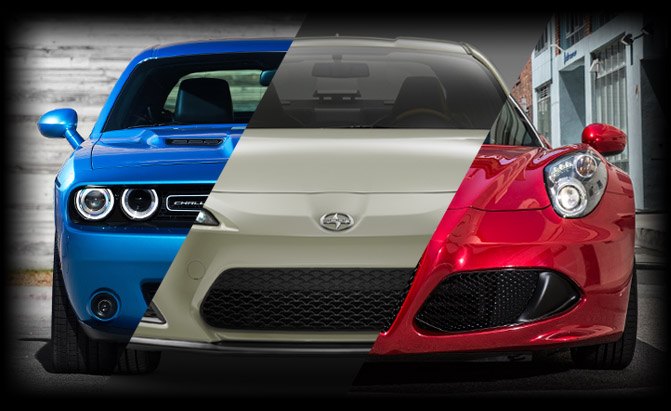















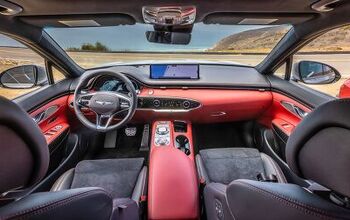

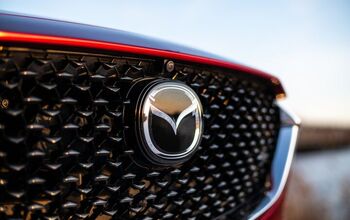

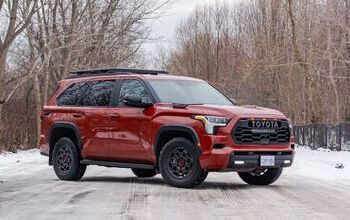

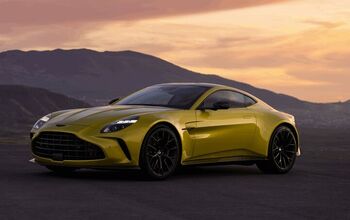
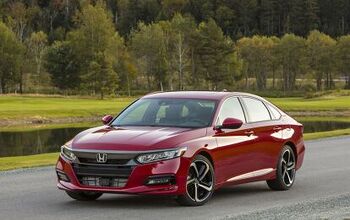
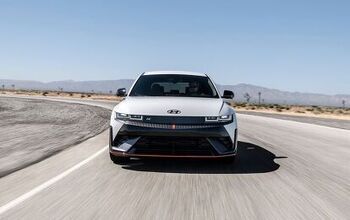



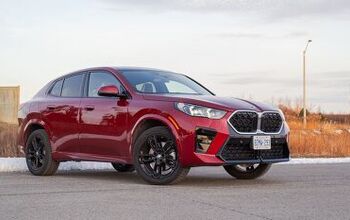



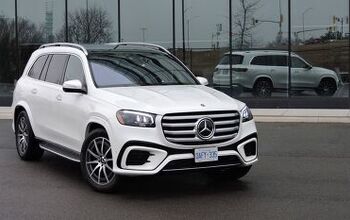
Comments
Join the conversation
Meh, if I need an CUV/SUV I'll rent one.
It makes sense that less people are buying coupes because they're moving up market, and the people who can now afford them are wise enough to not throw their money away by paying higher insurance rates and/or want something with more practically for the same or less money.